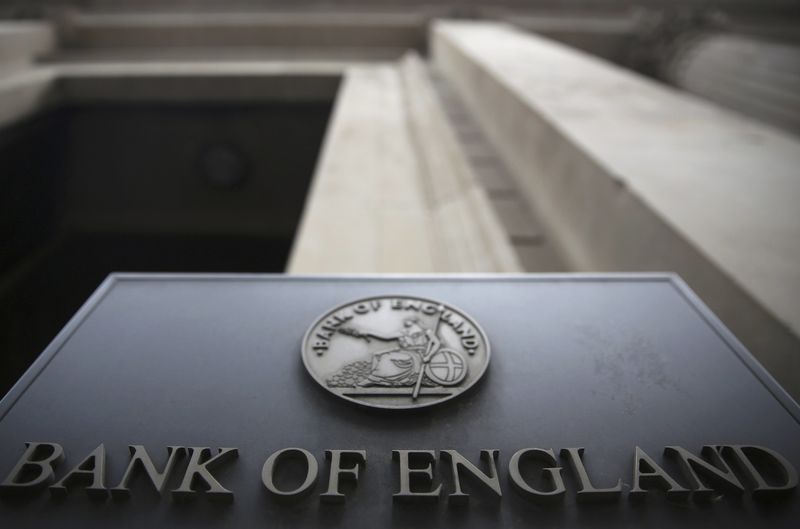SoFi launches Agentic AI ETF targeting autonomous technology companies
Investing.com -- Bank of England (BoE) policymaker Alan Taylor downplayed the recent spike in inflation and reiterated his support for lower interest rates, citing mounting risks to growth from U.S. President Donald Trump’s trade policies.
In an interview with the Financial Times published Friday, Taylor said April’s unexpectedly high 3.5% inflation reading was driven largely by “one-time tax and administered price changes” rather than broader “demand and supply pressures.” The jump followed a 2.6% rate in March.
Earlier this month, the BoE trimmed its inflation outlook, now expecting it to peak around 3.5% in the third quarter—slightly below the 3.75% forecast previously.
The central bank also estimated that the U.S. tariffs would shave 0.2 percentage points off U.K. inflation in two years and reduce the size of the economy by 0.3% over three years.
Taylor and fellow Monetary Policy Committee member Swati Dhingra voted for a larger 50-basis-point cut at the BoE’s May meeting, when the central bank ultimately opted for a more cautious 25-basis-point reduction, bringing rates to 4.25%.
"I’m not going to pre-emptively announce my vote, but I think I indicated in my dissent that I thought we needed to be on a lower (monetary) policy path," Taylor told the FT.
His concerns around global trade have intensified, he added, especially after a U.S. appeals court reinstated Trump’s tariffs following a ruling that the former president overstepped his authority.
“I’m seeing more risk piling up on the downside scenario because of global developments,” he said, warning that the tariffs’ impact on trade and growth would “be building up over the rest of this year in terms of trade diversion and drag on growth.”
Taylor’s remarks stood in contrast to the more measured stance taken by BoE Governor Andrew Bailey, who said in a speech Thursday that a “gradual and careful” approach to future rate cuts remained appropriate given ongoing uncertainty around global trade and inflation.
Meanwhile, U.K. finance minister Rachel Reeves is set to unveil a multi-year public spending plan on June 11, as the government faces pressure over the state of public finances.
